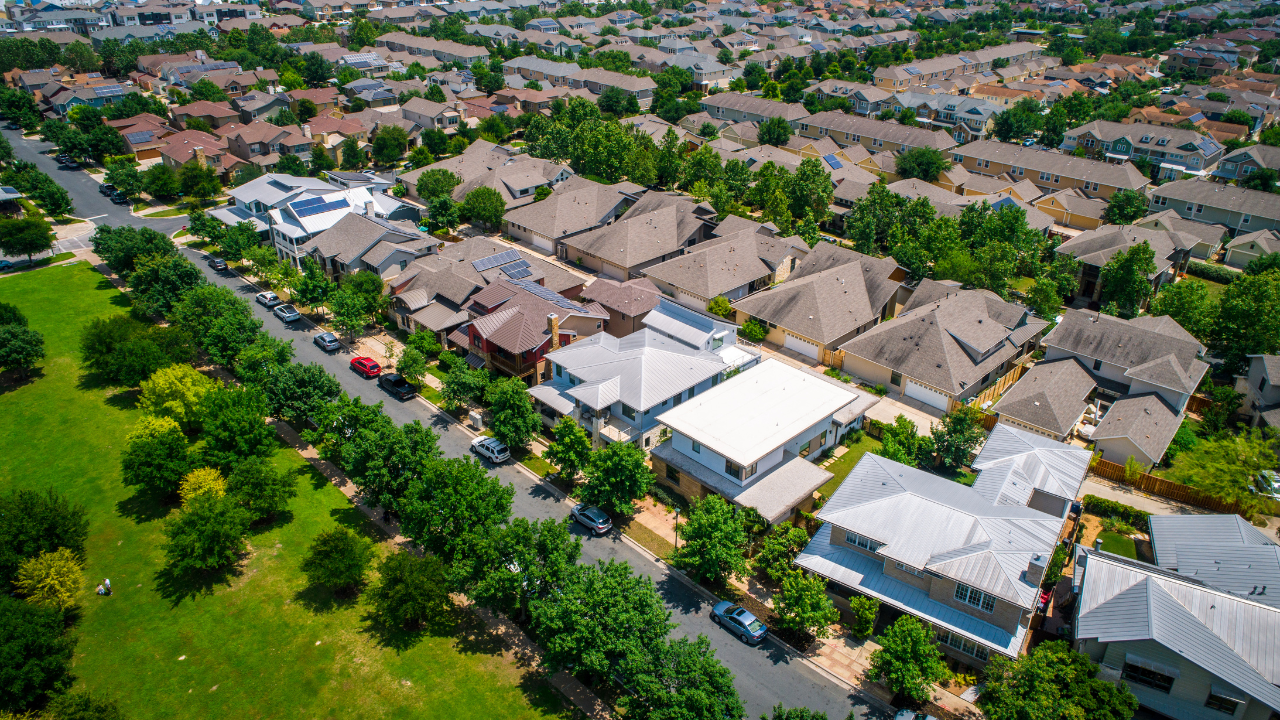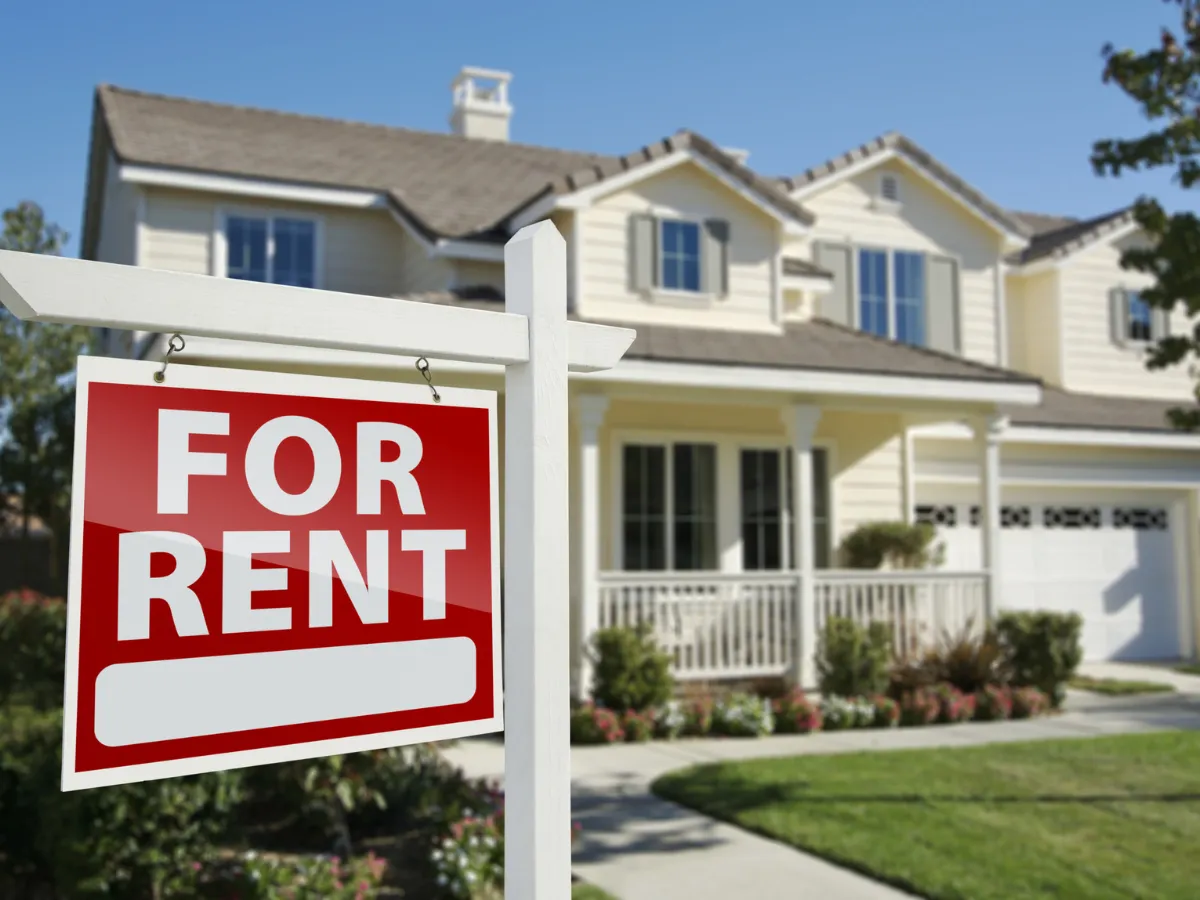Want to build wealth through real estate but have no idea where to start? You're not alone.
Most beginners see the massive potential in property investing but feel completely lost in the maze of financing options, market analysis, and investment strategies. It's frustrating to watch others build wealth through real estate while you're stuck on the sidelines, unsure of how to make your first move.
Here's the good news: real estate investing follows a clear, repeatable process that anyone can learn. This step-by-step guide breaks down exactly how to start investing in property, even if you're a complete beginner.
What Is Real Estate Investing and Why It Works
Real estate investing involves purchasing property to generate profit, typically through rental income, property management, or resale. This investment strategy can be short-term or long-term, depending on the approach you choose, with the goal of increasing asset value and cash flow. In fact, many investors get their start by turning a personal residence converted to rental property, allowing them to generate passive income from a place they already own.

Why property investing works:
- Cash flow: Collect monthly rental payments that exceed your expenses
- Appreciation: Property values typically increase over time
- Tax Benefits: Investors can deduct various expenses like property taxes, insurance, and depreciation. For example, depreciation for short-term rental properties allows investors to reduce taxable income, even though the property may be increasing in value.
- Leverage: Control a $300,000 asset with just $60,000 down (or less)
- Inflation protection: As inflation rises, rents and property values usually increase
Real estate investing for beginners starts with:
- Education
- Personal financial preparation
- Selecting the right investment strategy for your goals
6 Proven Steps to Start Investing in Real Estate
1. Get Your Financial House in Order
Before hunting for properties, you need a solid financial foundation:
- Check your credit score – Aim for 680+ for the best loan rates (though FHA loans may accept scores as low as 580)
- Calculate your down payment capacity – Investment properties typically require 15-25% down
- Reduce high-interest debt – Lenders want to see a debt-to-income ratio below 43%
- Build a cash reserve – You'll need funds for the down payment PLUS an emergency fund
Pro tip: Meet with a mortgage broker BEFORE house hunting to get pre-approved and understand exactly what you can afford.
2. Master Real Estate Fundamentals
The best investors are the most educated ones. Focus on these knowledge areas:
- Property valuation methods (comparable sales, income approach)
- Local market indicators (job growth, population trends, development)
- Financing options specifically for investors
- Landlord responsibilities and tenant laws
- Property management basics
Best learning resources for beginners:
- Books: "The Book on Rental Property Investing" by Brandon Turner
- Podcasts: Bigger Pockets Real Estate Podcast
- Local REIA (Real Estate Investors Association) meetings
- YouTube channels like "Meet Kevin" and "Graham Stephan"
- Free webinars from real estate investing platforms
3. Choose Your Real Estate Investment Strategy
Different strategies require different skills, time commitments, and capital. Here are the most beginner-friendly approaches:
- Buy and hold residential rentals
- What it is: Purchase homes or small multi-family buildings to rent out
- Capital needed: 15-25% down payment plus closing costs and reserves
- Time commitment: Medium (higher if self-managing)
- Best for: Long-term investors seeking stable income and appreciation
- House hacking
- What it is: Live in one part of a property while renting out other units/rooms
- Capital needed: As little as 3.5% down with FHA loan
- Time commitment: High (you live with or near tenants)
- Best for: Beginners with limited capital who want to eliminate housing costs
- Fix and flip
- What it is: Buy undervalued homes, renovate, and sell for profit
- Capital needed: Down payment plus renovation costs
- Time commitment: Intensive during renovation period
- Best for: People with construction knowledge or contractor connections
- REITs (Real Estate Investment Trusts)
- What it is: Buy shares in companies that own real estate
- Capital needed: As little as $10 through some platforms
- Time commitment: Minimal (passive investment)
- Best for: Investors wanting real estate exposure without direct ownership
Action step: Based on your financial situation and time availability, select ONE strategy to focus on first. Mastering one approach is better than dabbling in several.
4. Select Your Target Market
Location is everything in real estate. Top investors analyze these metrics before choosing where to buy:
- Job growth rate (aim for areas exceeding the national average)
- Population growth (look for positive trends over the past 5 years)
- Price-to-rent ratio (divide property price by annual rent; lower is better)
- Neighborhood quality (schools, crime rates, amenities)
- Future development plans (new transportation, businesses, revitalization)
Tools I recommend for market research:
- City-Data.com for detailed neighborhood statistics
- Census.gov for population trends
- Local government websites for future development plans
- Rentometer for rental rate analysis
- Redfin and Zillow for property value trends
5. Build Your Power Team
Solo investing is possible but inefficient. Successful investors leverage these professionals:
- Investor-friendly real estate agent who understands ROI, not just home features
- Mortgage broker experienced with investment loans
- Property inspector who can estimate repair costs, not just identify problems
- Real estate attorney for contract reviews and entity formation
- CPA with real estate expertise for tax planning and deduction strategies
- Insurance agent familiar with investor policies
- Reliable contractor for renovations and repairs
Pro tip: Find team members by asking for referrals at local investor meetings. The best professionals are rarely the ones with the biggest ads.
6. Secure Investment Property Financing
Most beginners use one of these funding methods for their first deal:
- Conventional mortgage
- 15-25% down payment required
- Best rates but strict qualification standards
- Limit of 10 financed properties per borrower
- FHA loan with house hacking
- 3.5% down payment
- Must live in one unit for a minimum of one year
- Property must have 1-4 units
- Portfolio loans
- Offered by smaller banks
- Focus on the property's performance, not just your personal finances
- Often higher interest rates but more flexible terms
- Private money
- Borrow from individuals at negotiated terms
- Fast closing with minimal paperwork
- Higher interest rates (typically 8-12%)
Tips: If you’re buying rental property for the first time, it’s smart to get pre-approved early. That way, you’ll know how much you can afford—and sellers will take your offers more seriously.
How to Analyze Investment Properties Like a Pro

Finding profitable deals requires careful analysis. Here’s how to evaluate properties:
- The 1% Rule:
For a property to be worth considering, the monthly rent should be at least 1% of the purchase price.
Example:- $200,000 property should rent for at least $2,000/month
- $150,000 property should rent for at least $1,500/month
- Calculate Cash Flow:
Cash flow = Gross rental income - Operating expenses (taxes, insurance, maintenance, etc.) - Mortgage payment
Example calculation:- $1,500 monthly rent - $600 total expenses - $700 mortgage = $200 monthly cash flow
- Cash-on-Cash Return:
Cash-on-Cash Return = Annual cash flow ÷ Total cash invested × 100
Example:- $2,400 annual cash flow ÷ $40,000 investment = 6% return
5 Rookie Mistakes That Kill Real Estate Returns
Avoid these common errors:
- Skipping due diligence
- Poor tenant screening
- DIY property management without systems
- Failing to treat real estate as a business
- Underestimating expenses
How to Start Real Estate Investing with Limited Capital
Don’t have a huge down payment? Try these alternative strategies:
- House hack a duplex with an FHA loan (3.5% down)
- Partner with a cash investor
- Wholesale contracts for other investors
- Invest in REITs
- Try real estate crowdfunding platforms
Your Real Estate Investment Roadmap
The path to building wealth through real estate follows this progression:
- Start with education
- Get financially ready
- Build your team
- Analyze 100+ properties
- Make offers
- Close your first deal
- Optimize property performance
- Repeat and scale
Remember: Real estate investing is not a get-rich-quick scheme, but a proven wealth-building vehicle for those who take consistent action.
Want to Get Started in Real Estate but Not Sure How?
You don’t have to figure it out alone. If you're feeling stuck or just need help taking the first step, we’re here for you. We’ll explain things in a simple way and help you choose the right path based on your goals.
Let’s chat about how we can help you get started—Obejkta Real Estate is here to guide you.









































.webp)

.webp)
.webp)

.webp)

.webp)
.webp)
.webp)

.webp)
.webp)
.webp)
.webp)

.webp)
.webp)
.webp)
.webp)
.webp)
.webp)
.webp)





.webp)

.webp)



















.avif)